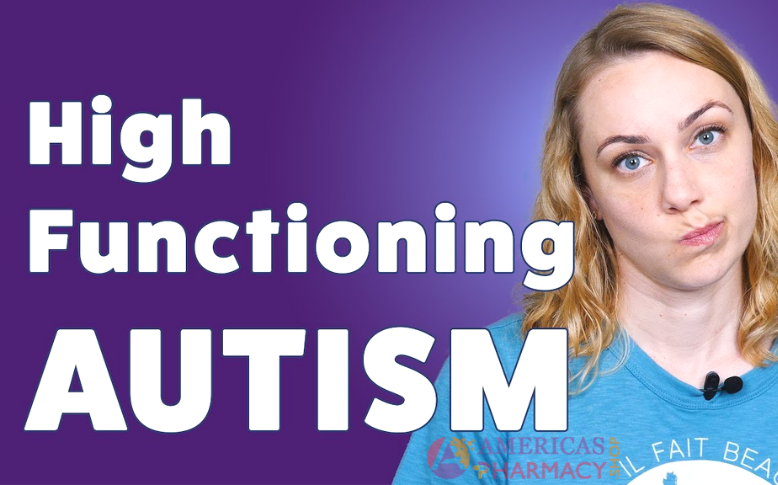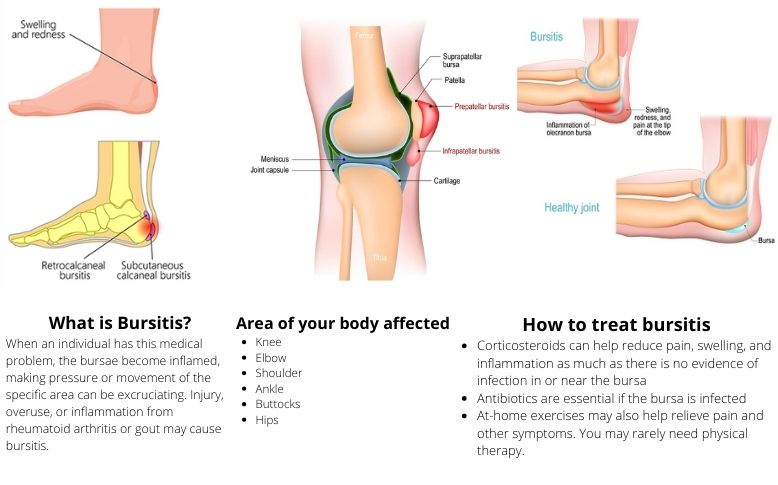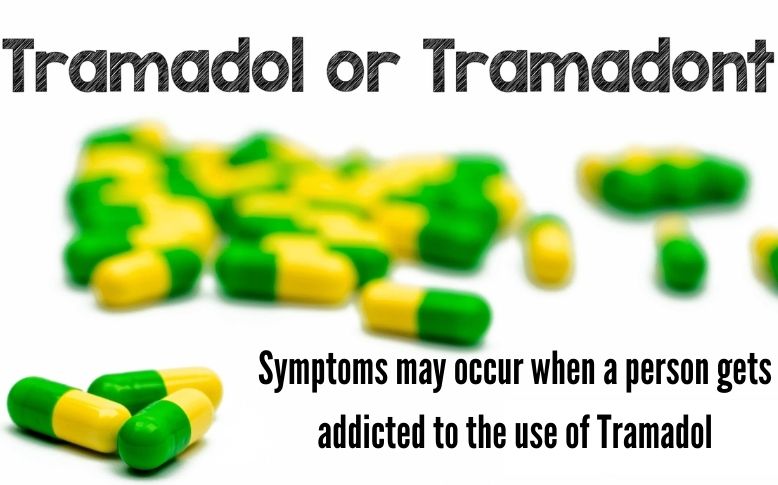When facing acute pain, understanding what is the difference between oxycodone and hydrocodone becomes crucial for effective treatment. Many patients and healthcare providers alike wonder which of these commonly prescribed medications offers better pain relief with fewer side effects.
Despite their reputation as strong pain relievers, research shows these medications may be more similar than different. In fact, multiple studies have found no significant difference in pain management effectiveness between oxycodone and hydrocodone for acute musculoskeletal pain, including fractures. Although oxycodone is generally considered more potent than hydrocodone, providing similar pain relief at lower doses, a randomized clinical trial of 120 patients with orthopedic fractures showed no statistically or clinically significant difference in pain scores between strong and mild opioid groups.
In this article, we’ll explore the key differences between these medications, compare their effectiveness for various types of pain, examine their side effect profiles, and provide guidance on what you should know before taking either medication.
Understanding the Basics of Oxycodone and Hydrocodone
Both oxycodone and hydrocodone belong to the opioid class of medications, specifically classified as semi-synthetic opioids under Schedule II controlled substances. These powerful pain relievers are derived from or mimic natural substances found in the opium poppy plant. Click Here To Buy Oxycodone Online
The primary mechanism of action for both medications involves binding to opioid receptors in the central nervous system. Once attached, they block pain signals between the brain and body while releasing dopamine, which reinforces the act of taking the drug. While oxycodone acts on mu, kappa, and delta receptors, it shows strongest affinity for mu-type receptors. Similarly, hydrocodone activates mu-opioid receptors initially, additionally engaging delta and kappa receptors as doses increase.
Healthcare providers typically prescribe these medications for moderate to severe pain when non-opioid alternatives prove inadequate. Furthermore, hydrocodone serves as an antitussive (cough suppressant).
Oxycodone comes in tablet, capsule, and oral solution forms, with immediate-release tablets available in 5mg, 10mg, 15mg, 20mg, and 30mg strengths. Meanwhile, hydrocodone is commonly combined with acetaminophen under brand names like Vicodin and Norco, requiring careful monitoring of total daily acetaminophen intake.
Both medications carry risks of physical dependence and addiction due to their effects on the brain’s reward system.
Comparing Effectiveness and Side Effects

Research shows surprising results when comparing these two common pain medications. According to clinical studies, oxycodone and hydrocodone provide equally effective pain relief for acute fractures at 30 and 60 minutes after administration. Nonetheless, their side effect profiles differ considerably. Click Here To Buy Hydrocodone Online
Patients taking oxycodone experience significantly more nausea (17.1% vs 7.1%) and dizziness (17% vs 7.2%) compared to those on hydrocodone. Conversely, hydrocodone users report substantially higher rates of constipation (21% vs 0%). Both medications can cause drowsiness, confusion, and respiratory depression.
Regarding safety concerns, all-cause mortality is notably elevated for oxycodone users (RR 2.43) compared to hydrocodone users. Moreover, extended-release forms of oxycodone may present greater addiction risk due to their high potency.
An important yet lesser-known risk with both medications is opioid-induced hyperalgesia—a condition where long-term opioid use paradoxically increases pain sensitivity. This phenomenon can manifest as worsening widespread pain without new injury and often improves when opioid dosage is reduced.
Both medications work equally well for most types of chronic non-malignant pain. Consequently, the choice between them often depends on individual patient factors such as specific side effect concerns rather than differences in pain relief effectiveness.
Safety, Addiction Risk, and Prescribing Trends
The addictive potential of both medications demands careful consideration. Studies reveal that oxycodone has an elevated abuse liability profile compared to hydrocodone. Indeed, oxycodone users consistently report higher “likability” scores and fewer negative subjective effects, making it particularly attractive to risk-tolerant young male users who prefer injectable or intranasal routes.
Interestingly, physical dependence can develop with either medication in as little as a few days, yet the risk of long-term opioid use varies significantly. Patients receiving hydrocodone-acetaminophen are substantially more likely to transition to long-term therapy than those prescribed oxycodone-acetaminophen, contradicting assumptions that drugs with equivalent morphine milligram equivalents pose identical risks.
Prescribing trends have evolved dramatically over time. Following the reclassification of hydrocodone to Schedule II in 2014, prescriptions decreased by 26.3 million nationally. Concurrently, oxycodone distribution increased 53.59% between 2006-2014.
Regarding overdose risk, higher doses correlate directly with greater danger—doses exceeding 100 morphine milligram equivalents double the risk compared to lower doses. Unfortunately, even low doses (20-50 MME) present significant hazards.
Geographical patterns reveal substantial variation in prescribing practices. Delaware providers wrote 60.6 opioid prescriptions per 100 residents versus the national average of 51.4, highlighting regional disparities that contribute to uneven risk distribution across populations.
Conclusion
After examining the evidence, we can see that neither oxycodone nor hydrocodone clearly outperforms the other when it comes to pain relief effectiveness. Both medications provide similar pain management results despite oxycodone’s reputation for higher potency. The choice between these two medications ultimately depends on individual patient factors rather than superior pain control.
Side effect profiles certainly differ between these medications. Patients taking oxycodone experience significantly more nausea and dizziness, while those on hydrocodone report higher rates of constipation. Therefore, healthcare providers should consider these distinct side effect patterns when determining which medication might better suit a particular patient.
Safety concerns also play a crucial role in medication selection. Undoubtedly, oxycodone carries higher mortality rates and potentially greater addiction risk, especially in its extended-release formulations. Consequently, patients with addiction history or risk factors might benefit from hydrocodone when opioid therapy cannot be avoided.
The potential for physical dependence remains significant with both medications, sometimes developing after just a few days of use. Additionally, long-term use can paradoxically increase pain sensitivity through opioid-induced hyperalgesia, making pain management more challenging over time.
Prescribing trends have shifted dramatically following regulatory changes, with hydrocodone prescriptions decreasing while oxycodone distribution increased. Nevertheless, healthcare providers must carefully weigh the risks and benefits of either medication against non-opioid alternatives whenever possible.
While we have explored the differences between these common pain medications, the answer to “which works better” isn’t straightforward. The best choice varies based on individual patient factors, specific pain conditions, and risk profiles. Before taking either medication, patients should have thorough discussions with their healthcare providers about potential risks, side effects, and alternative treatment options.





 People with high functioning autism experience a hard time with social interaction and communication. They do not usually read social cues and might find it challenging to make friends. They get so stressed or annoyed by a social situation that they try to shut down.
People with high functioning autism experience a hard time with social interaction and communication. They do not usually read social cues and might find it challenging to make friends. They get so stressed or annoyed by a social situation that they try to shut down.


